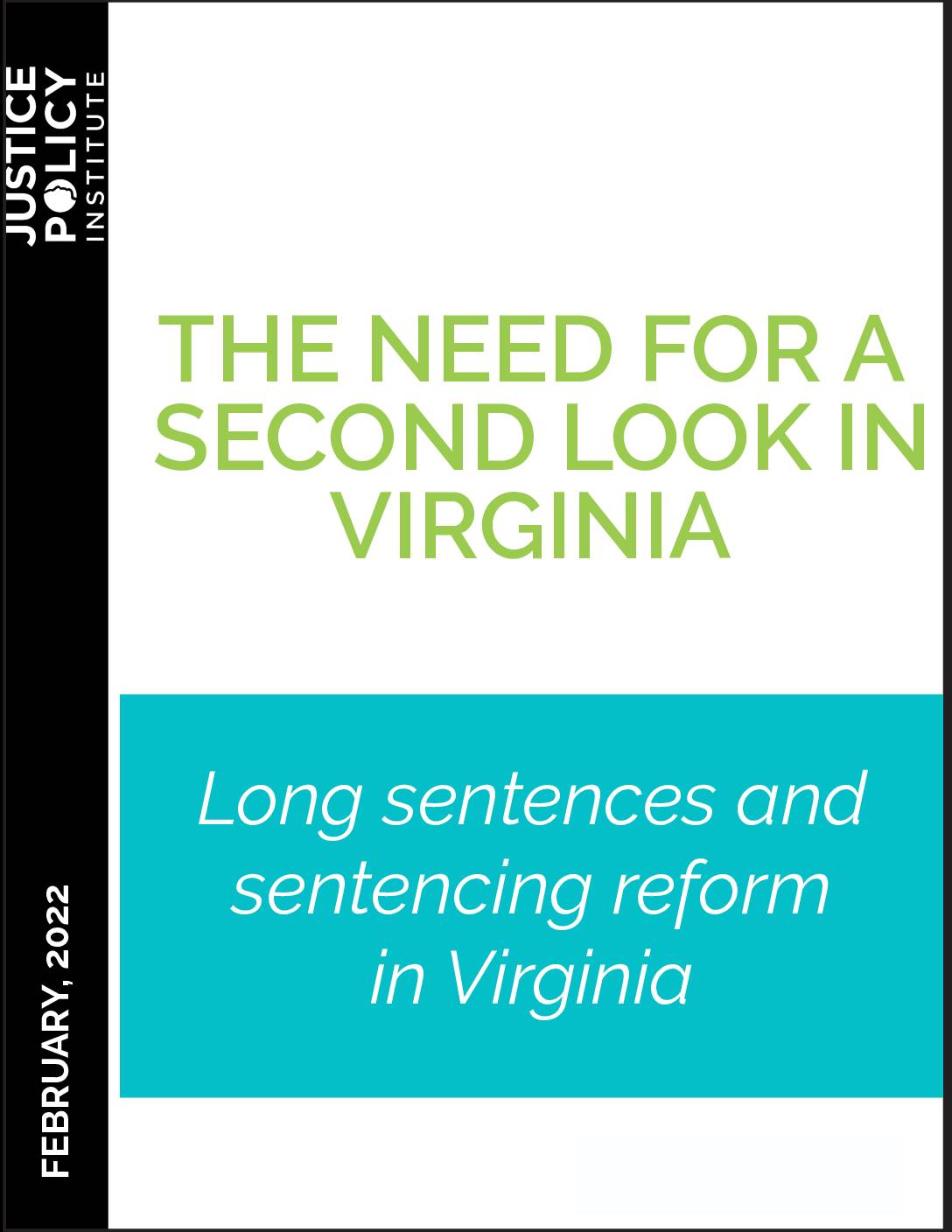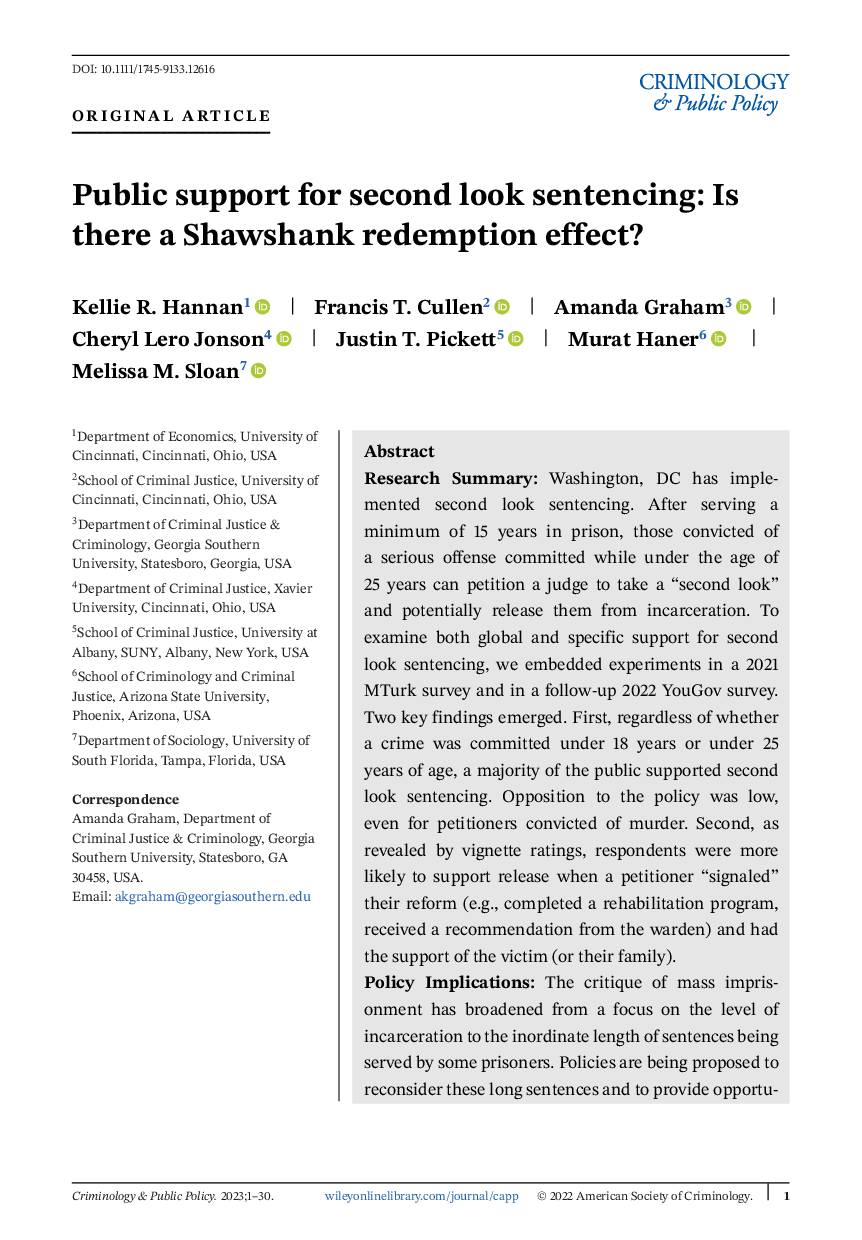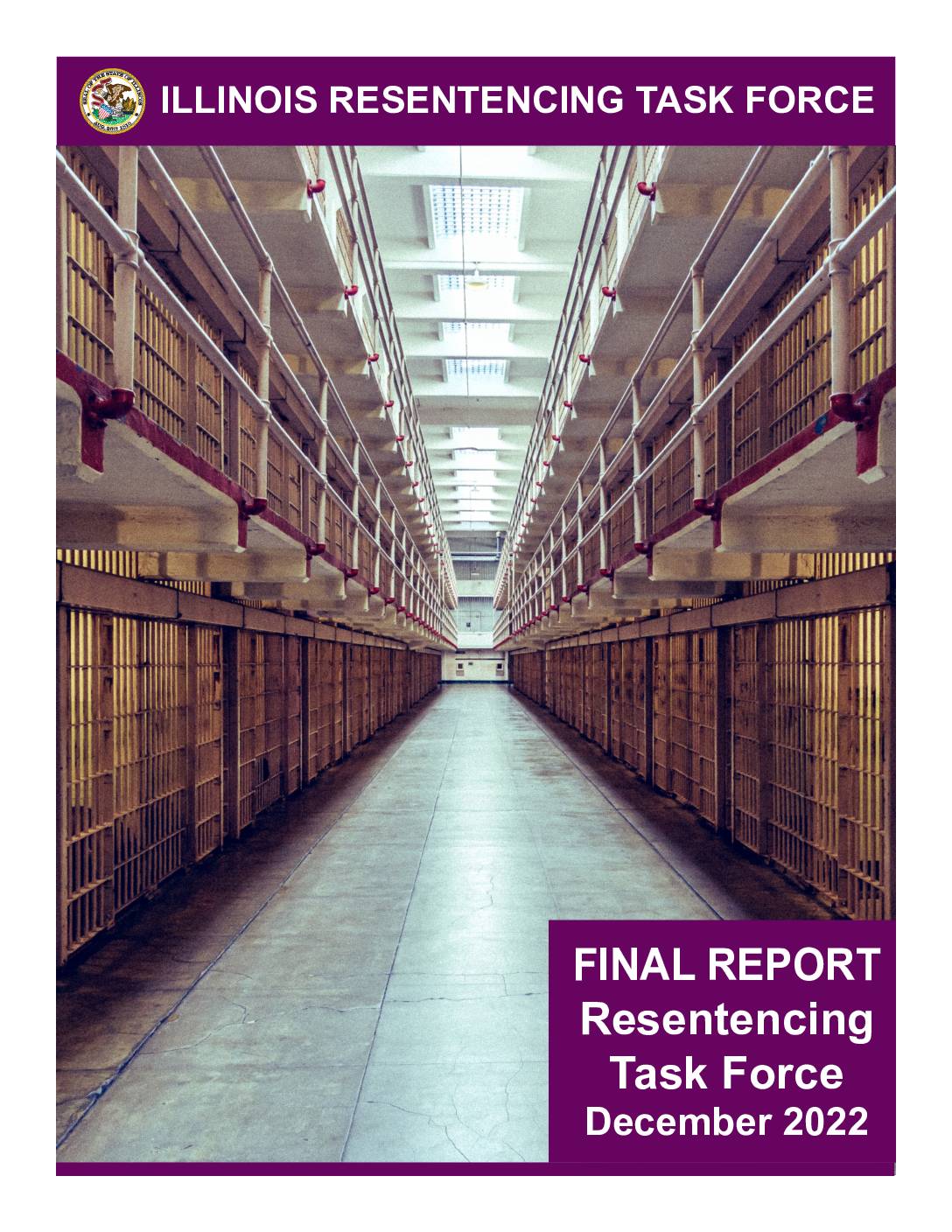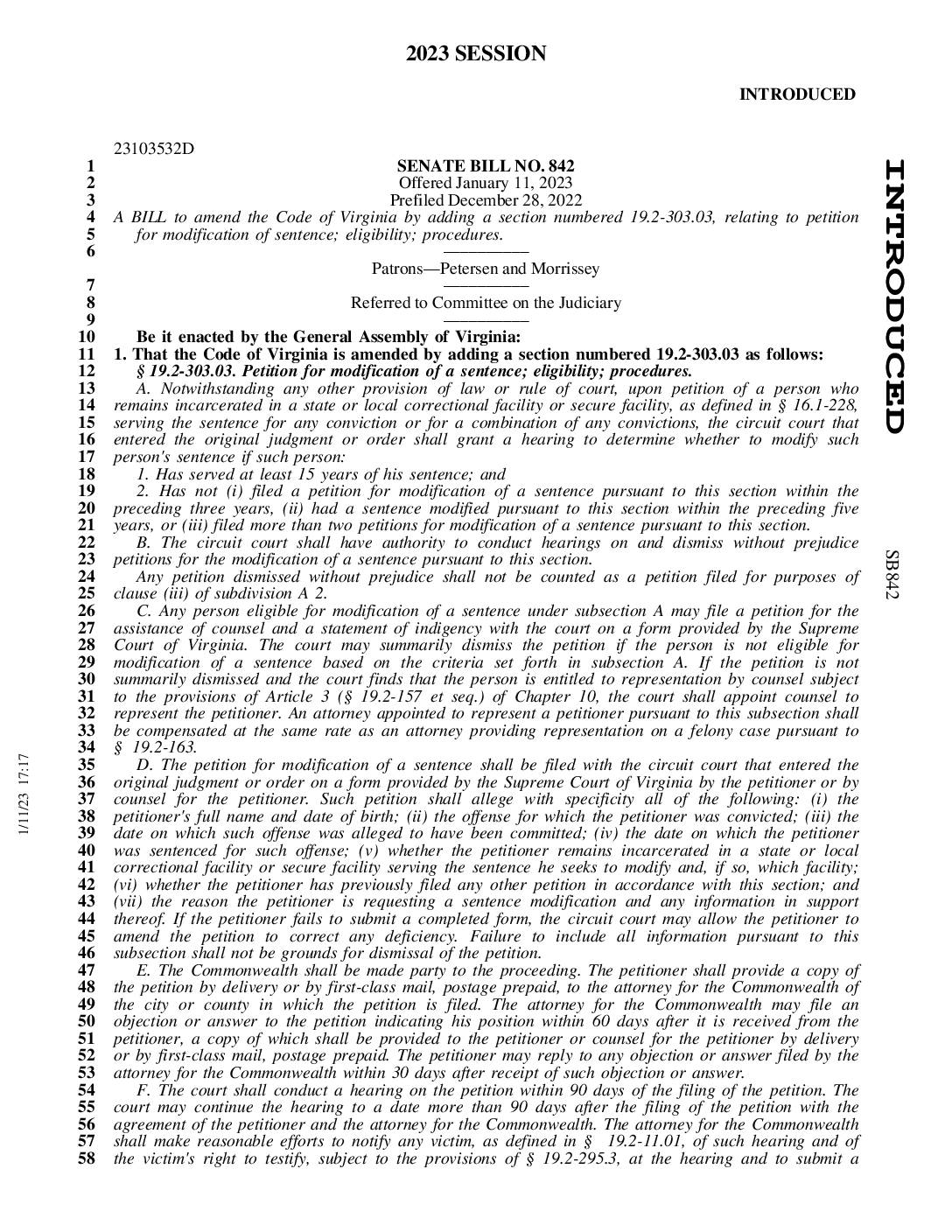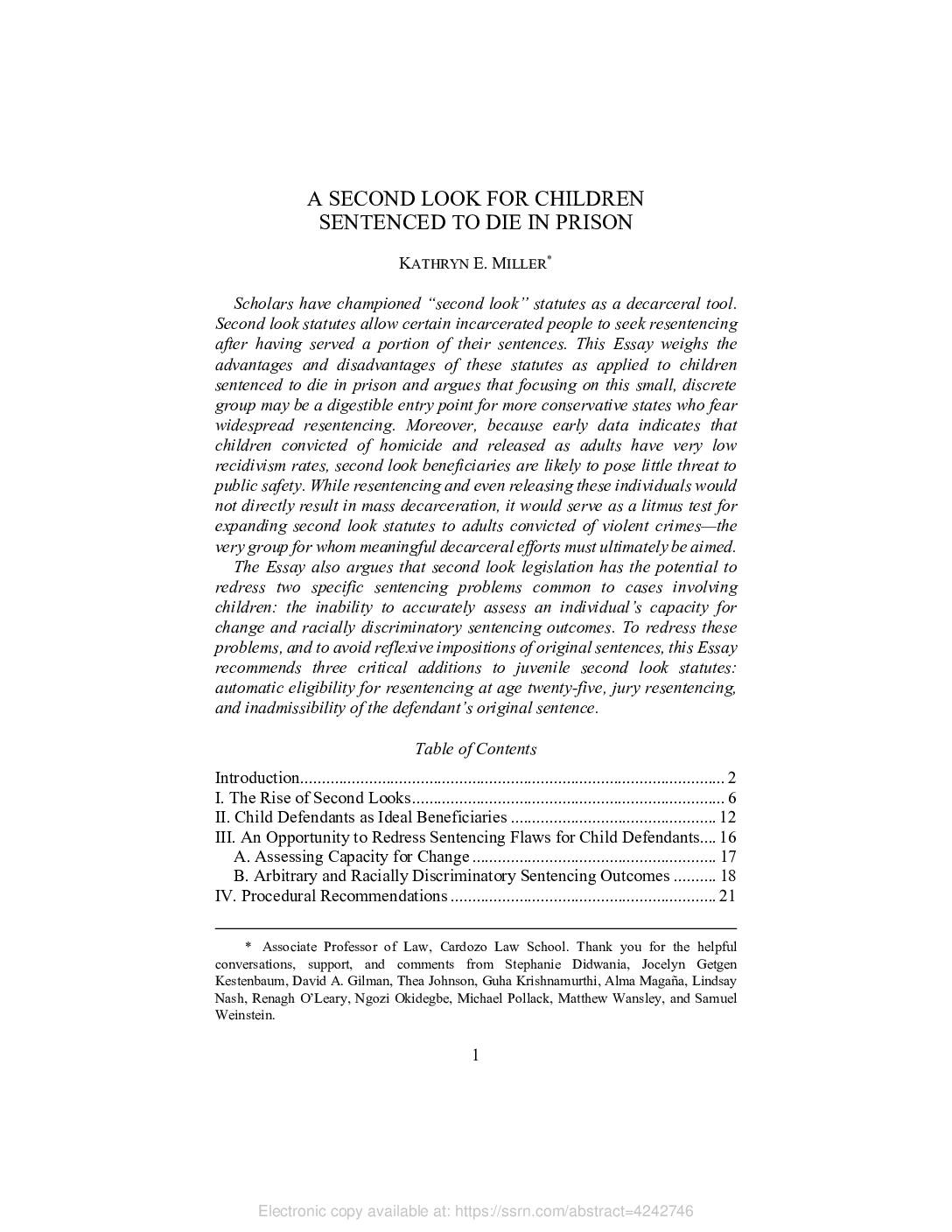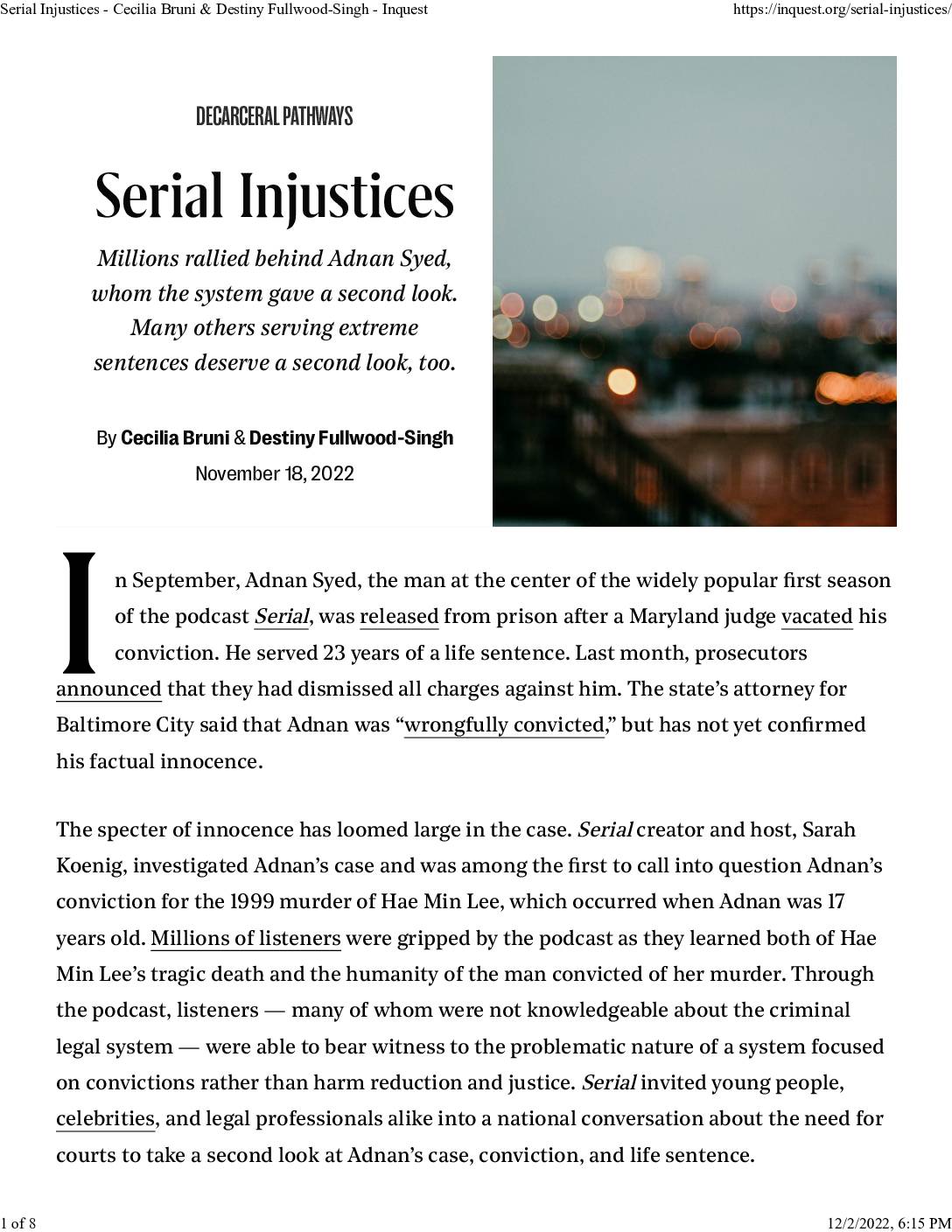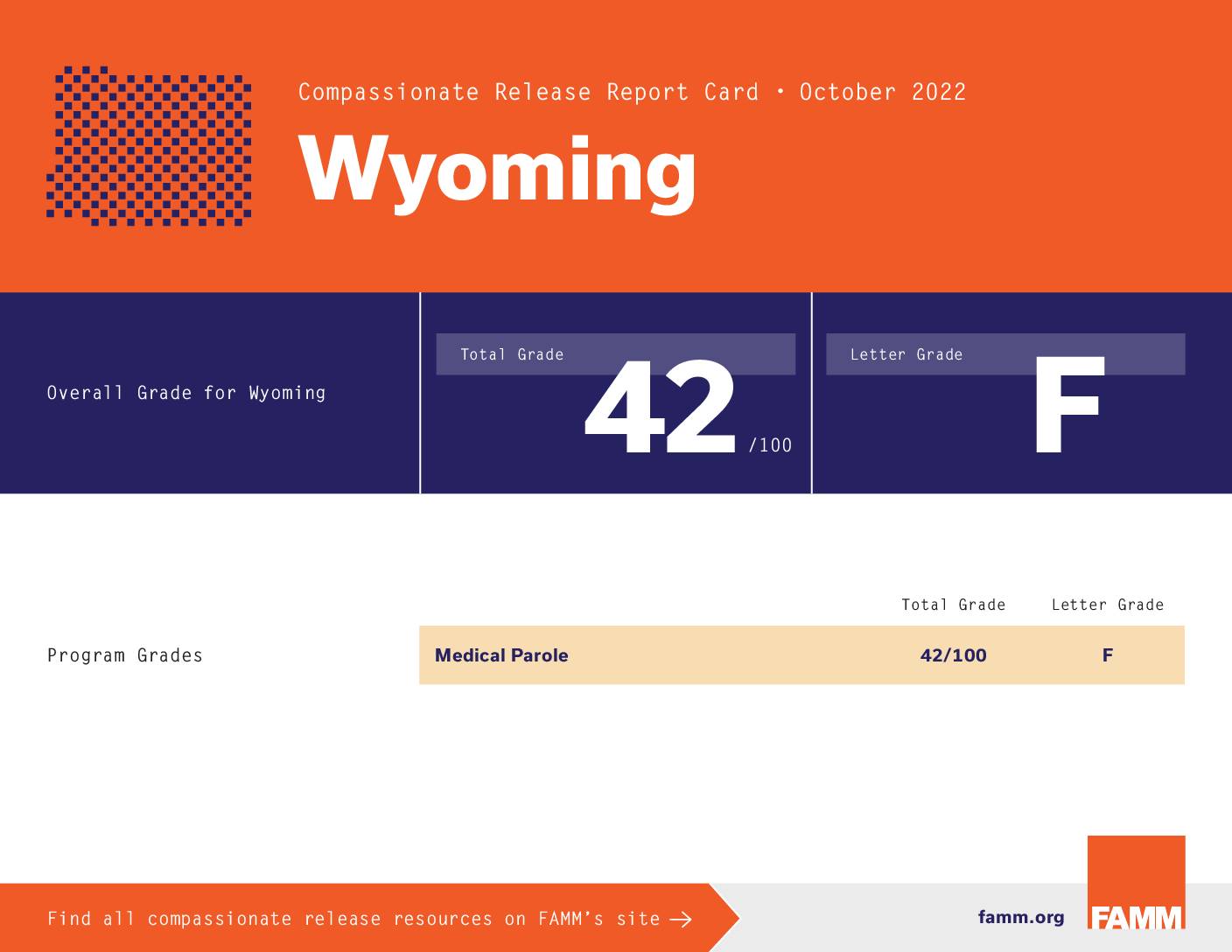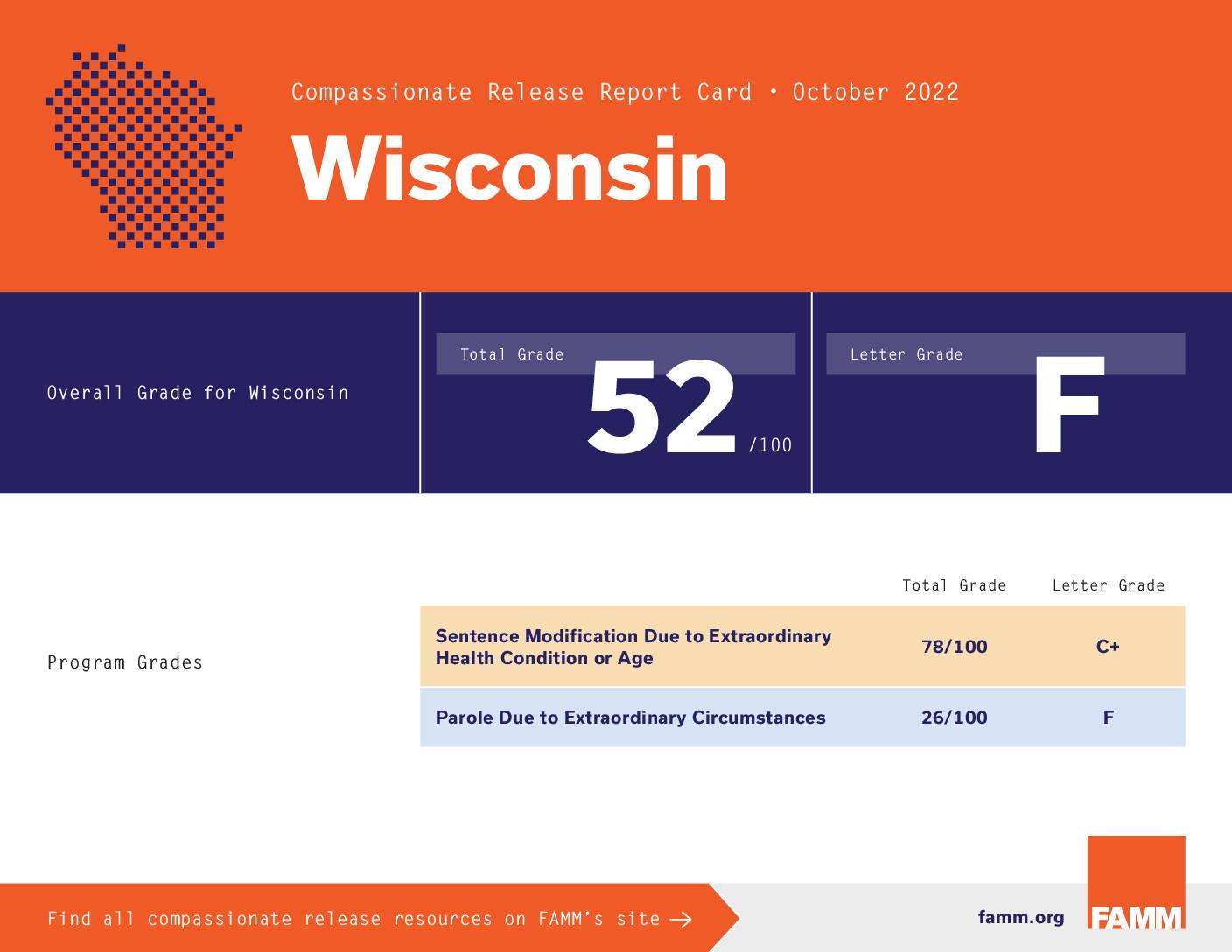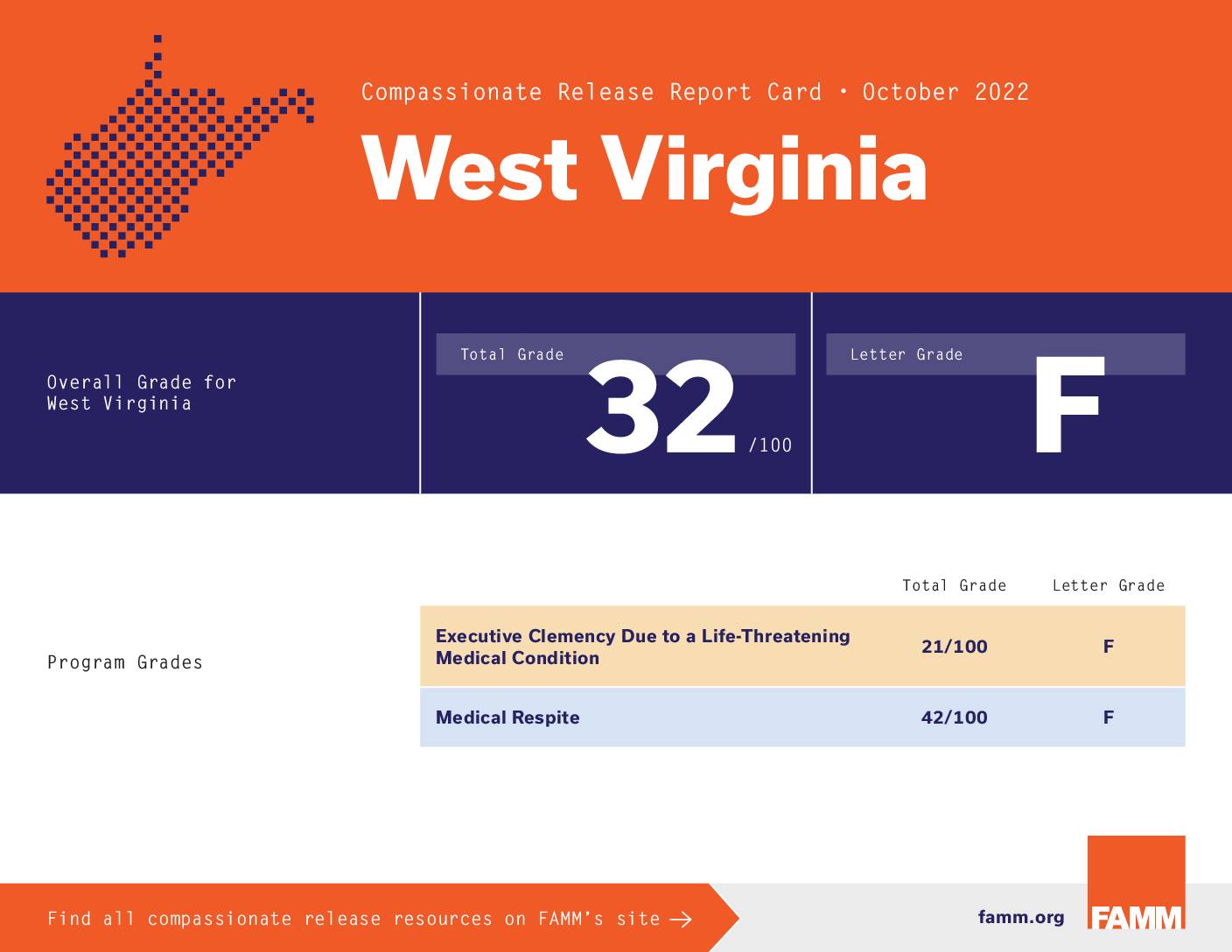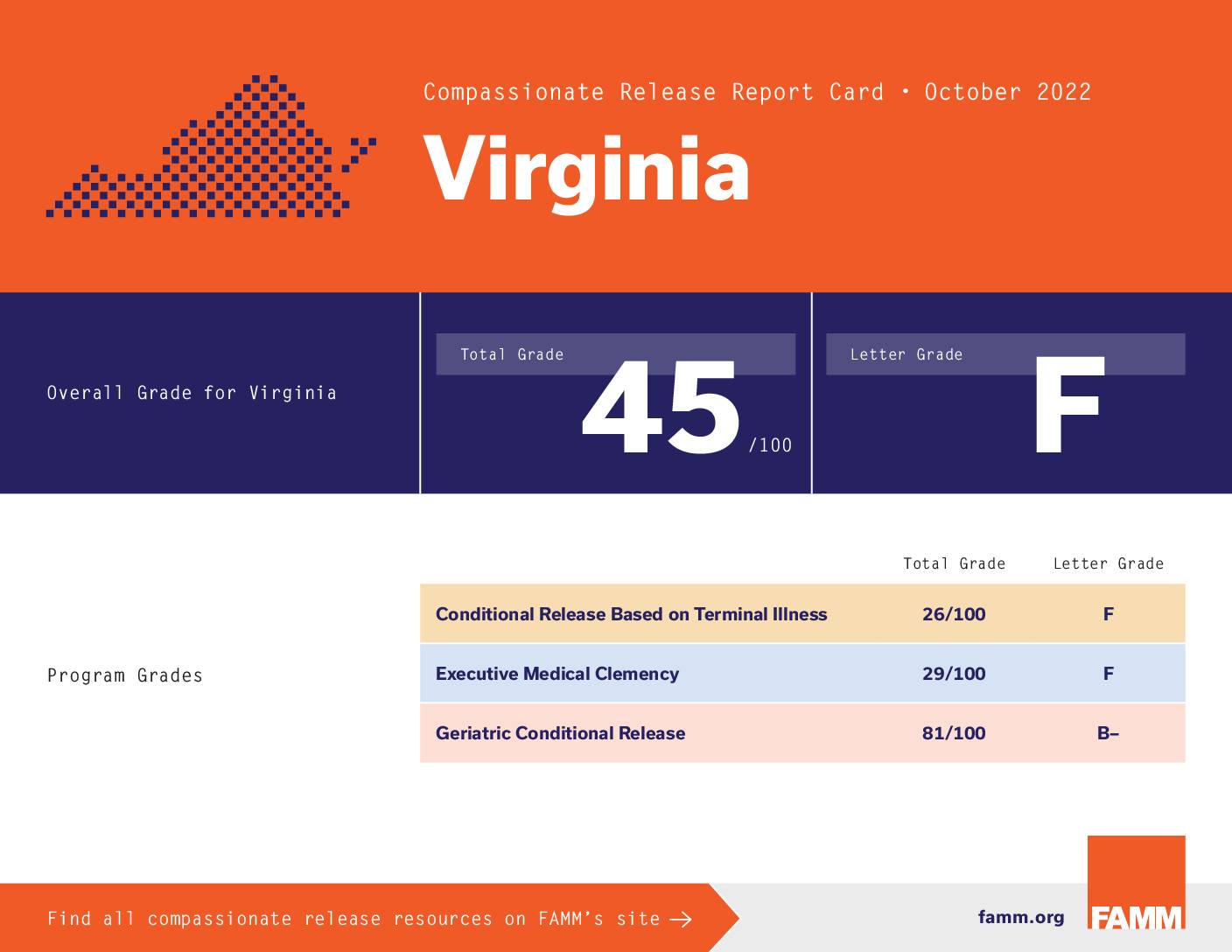PDF The Need for a Second Look in Virginia
Virginia is at a crossroads entering the 2022 legislative session. Progressive reforms, including abolishing the death penalty and broadening appeal rights, were a focal point of the last
several years, but were primarily partisan with the support of only three Republicans. In 2022, control of Virginia will split, with the House of Delegates and Executive Branch controlled by Republicans, and the Senate of Virginia slightly leaning Democrat. While this poses a challenge for legislative activity, it provides an opportunity to step back and explore the critical issues faced by Virginia’s adult criminal justice system.


